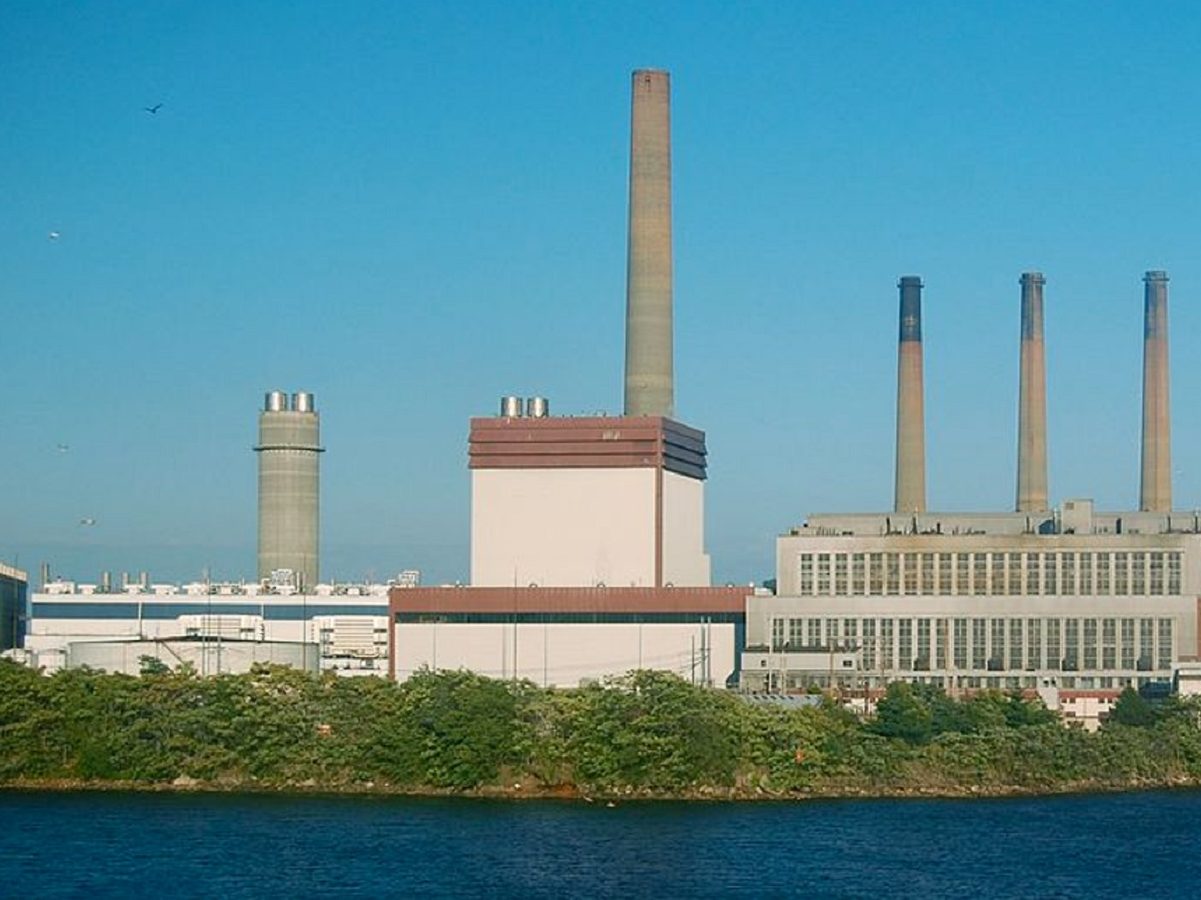
Solutions to provide Greater Boston with enhanced electric reliability and clean energy capacity.
National Grid and Eversource are preparing to meet the energy shortfall expected to be caused by the eventual retirement of the Mystic Generating Station.
New England’s power grid manager, ISO New England (ISO-NE), said the station’s closure would create significant reliability risks in the Boston area, including overloaded transmission lines and overall system instability. To address those concerns, ISO-NE issued a solicitation for competitive transmission solutions.
National Grid and Eversource announced they have submitted a range of proposals for transmission solutions that will provide Greater Boston with enhanced electricity reliability, increasing capacity for the flow of new clean energy resources, while having a minimal community or environmental impact.
The eight proposals include upgrades to existing properties, are cost-effective, and can be built before Exelon retires Mystic Station on June 1, 2024. Some of the new proposals have the added benefit of enabling cost-effective delivery of clean energy resources like offshore wind, with one capable of supporting an additional 1100 MW of clean energy during peak demand hours.
The eight proposals submitted by Eversource and National Grid range in cost from US$48 million to US$120 million. The most cost-effective solution offers the following benefits:
- Maximizes the use of existing transmission facilities in the Boston area
- Keeps upgrades entirely on properties already in use by the energy companies, minimizing the environmental impact
- Expected to be in-service eight months prior to the planned Mystic Station retirement
- Capitalizes on the financial capabilities and expertise of two companies that develop and construct transmission projects in Massachusetts and throughout New England
Other solutions include the construction of a new 345-kV transmission circuit along existing rights of way (ROWs) north of the Mystic Generating Station. It will deliver added reliability and resilience, maximizing the capacity to bring more clean energy into the Boston area.
“Our proposals will help usher in new clean energy resources, provide enhanced reliability for the region’s electrical system, and ensure these upgrades happen with little environmental impact,” said Rudy Wynter, president and COO of the Wholesale Networks & US Capital Delivery group within National Grid. “National Grid and Eversource will be able to cost-effectively deliver these critical infrastructure projects on time to meet the electricity needs of Greater Boston.”
“As operators of New England’s largest energy delivery system, we have the expertise and the experience to ensure that our electric system keeps pace with our customers’ evolving needs,” said Eversource President of Transmission Bill Quinlan. “We have a high degree of confidence that our innovative solutions can be delivered on time and will provide significant environmental and financial benefits to customers throughout the region. The retirement of Mystic helps to reduce fossil fuels from our energy mix in New England as we work to upgrade our transmission system to accommodate more renewables and enable a clean energy future for our region.”
The financial benefit to customers provided by these range of solutions will also be significant. All of the proposed solutions from both companies are well below the estimated US$175 million annually (excluding fuel costs and capacity credits) that New England consumers would pay to keep Mystic Station available.
ISO-NE is expected to make its decision on the winning proposal by mid-2021.
* This article was reposted from the original article on T&D World here.














